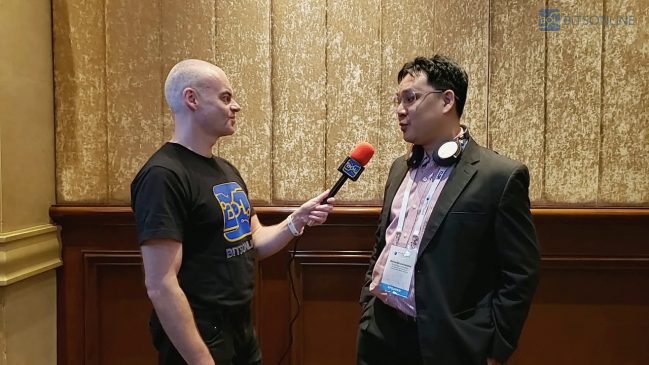How Thailand Is Staying Ahead by Regulating ICOs and Blockchain Investments
December 4, 2018 by Jon Southurst
We’ve heard talk about how countries like Thailand could become a haven for blockchain development and token-based investing — with the right regulation. But how true is this, and what’s really being done? Bitsonline spoke to Bhume Bhumiratana, technology consultant to the Securities and Exchange Commission Thailand, at Beyond Blocks Summit Bangkok to find out more.
Also see: Why Binance Chose Africa to Launch its First Fiat Exchange: Wei Zhou
Subscribe to the Bitsonline YouTube channel for great videos featuring industry insiders & experts
Thailand Takes a Detailed Look at Token Investments

Bhumiratana, a cryptography expert, has been advising the Thai SEC for the past two years. He now spends almost half his work time consulting on blockchain issues.
Thailand drafted laws in May 2018 specifically to regulate blockchain-based investments, such as ICOs and other crowdfunding mechanisms. It’s an ongoing process, requiring new input and improvements to deal with changes in technology and stakeholders’ actions. More clarity should be available in Q1 or Q2 2019, Bhumiratana says, enabling companies to begin raising capital in these new ways.
Similar to Japan, Thailand’s seven existing digital asset exchanges are permitted to operate, but must obtain licenses to continue. It’s one of the first countries in the world to take this approach — which has attracted attention.
Bhumiratana: We Want Only Responsible Operators
The government itself, he says, remains neutral on whether ICOs or other similar models are beneficial to the country. However they don’t wish to discourage it, either. The SEC sees an opportunity for Thailand to stay in front, and wants to allow the industry to develop in a way that protects investors from bad actors.
In the interview above, Bhumiratana details the various processes companies must complete to qualify for a license, or to operate as a token fundraiser. They should expect a thorough due diligence process similar to that facing traditionally-listed companies, but the process is open to all.
At the end of the day, close consultation with regulators and business practices that display trust will be essential for all operators who wish to do business in Thailand. Watch the complete interview to find out more.
Is this the correct approach to ICOs, blockchain technology and related investment activity? Let’s hear your thoughts in the comments.
Images and video via Bitsonline, Jon Southurst




